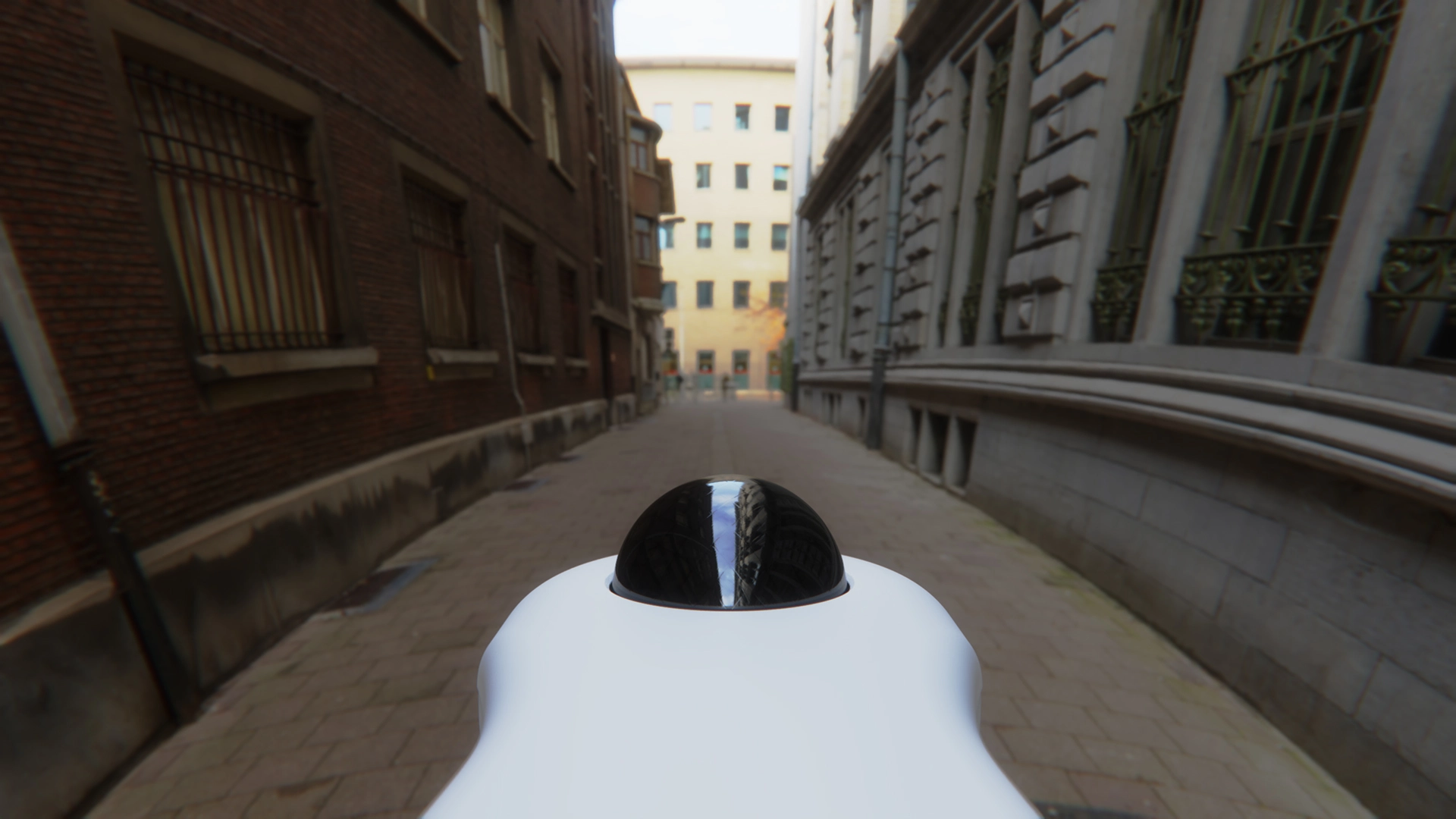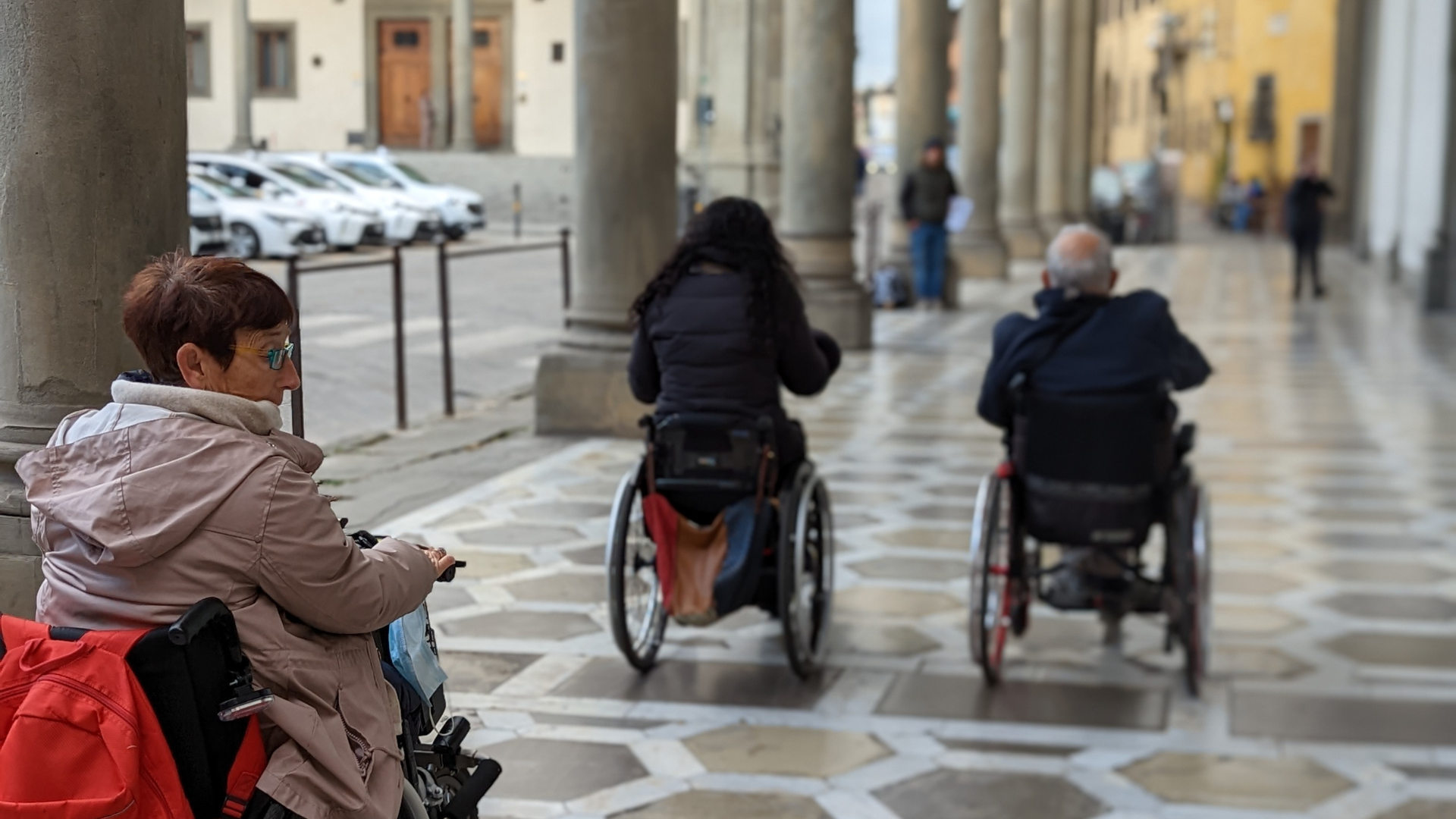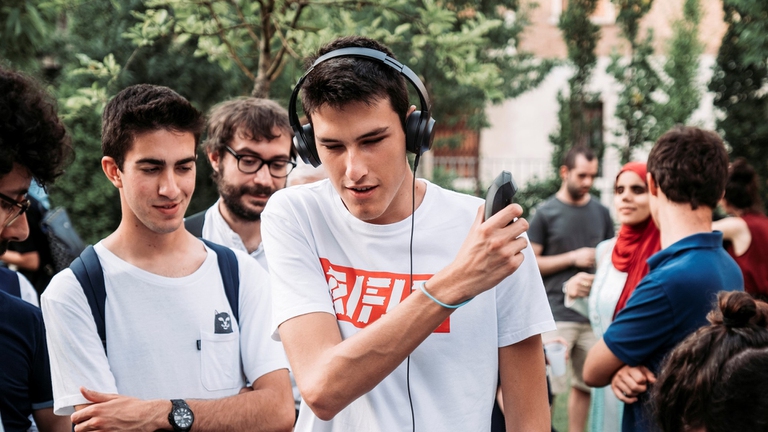https://www.lifegate.it/startup-disabilita
- |
Don't leave anyone behind.This is the objective set by the United Nations in2030 Agenda for Sustainable Development, which commits member countries to implementing policies to overcome inequalities and discrimination.A goal that also involves thesocial inclusion of people with disabilities, considered by the international body "an essential condition for supporting human rights, sustainable development, peace and security.The commitment to guaranteeing the rights of disabled people is not just a question of justice, it is an investment in a common future."
And it is precisely to affirm these rights that the UN established the UN in 1992 International Day of Persons with Disabilities, which is celebrated on December 3 of each year.This is an opportunity to take stock of the quality of life of disabled people;a condition which, according to the World Health Organization, affects around one billion people on the planet, 80 percent of whom live in low-income countries. And in Italy? According to the latest report fromNational observatory on health in the Italian regions based on data from the Higher Institute of Statistics (Istat), disabled people are almost 13 million (22 percent of the population), of which more than 3 million are severely disabled.Various are emerging all over the world startups who come up with innovative ways to meet their needs.We'll tell you five of them.
Five startups that deal with disabilities
Justep
Second the International Agency for the Prevention of Blindness, there are 43 million people in the world blind, of which two million are children, and 295 million are children visually impaired.The main difficulty to face? The fear of open spaces. According to a survey conducted on over two thousand blind or partially sighted people, this is the main source of anxiety and worry.Especially considering the limits of the traditional white stick, which does not protect the upper body, does not detect danger and does not recognize people.

From these considerations the startup was born in Genoa Justep, founded by entrepreneurs and designers Riad Krirach And Naoufal Rabite. Instead of the stick, he proposes a device equipped with lidar sensor, camera and artificial intelligence to provide real-time tactile and audible information about where you are moving.A handy object, capable of communicating any obstacle in the space around it and providing advice on the best route to reach the desired destination.
Pedius
Quintus Pedius, citizen in ancient Rome, is the name of the first deaf person of which there is trace in history.Grandson of the consul who bore the same surname, he found his fulfillment in art:and the name of the startup was born from this story of resilience Pedius.However, the input comes from a much more contemporary story that catches the attention of the founder Lorenzo Di Ciaccio while he is watching television.The testimony of a deaf boy, Gabriele Serpi, appears on the screen and tells how he was unable to call for road assistance following an accident.
This is where the desire to create a tool to give voice to those who are unable to communicate was born.Then the mobile application was born that uses speech synthesis technologies allowing deaf and deaf-blind people to manage a phone call independently.The user can write the text as if it were a message and the app transforms his words into an artificial voice.Conversely, Pedius converts the voice of the person speaking into text as if it were a subtitle for the deaf within reach of smartphones and PCs.Among the most recent innovations there is also software for subtitling videos university lessons which creates summaries and notes automatically:a useful tool also for students with specific learning disorders.
Kimap
Inclusive innovation.This is the principle that inspires the projects of the young company Kinoa srl, committed to creating tools to break down architectural but also social and psychological barriers.Precisely the social inclusion and emancipation of people with motor disabilities is the moral and practical aim of Kimap, the first navigator Italian which provides information on the most accessible itineraries and structures for those who travel with a wheelchair or other aids.Free and available on all smartphone and tablet platforms, the application updates in real time providing specific information on pavements, streets and buildings located on the route to the destination entered.

The app uses artificial intelligence algorithms through the detections of the smartphone's sensors which allow it to map any obstacle, slope and irregularity of the terrain.There is also a gamification component, through graphics, challenges and point collections that create a truly dynamic and collaborative community.
Novis Games
And speaking of games, also i video games they can become inclusive and adapt to blind or visually impaired people.Young people know this well Arianna Ortelli, Dario Codispoti And Marco Andriano who have put their minds together to create accessible gaming experiences.From these intentions it was born Novis Games which, in collaboration with the Italian Union of the Blind and the Association for Retinopathic and Visually Impaired People of Turin, has developed a series of accessible video games;or better, audio games.

The recipients are blind people, but also players with cognitive difficulties.In practice, everything is designed for adapt to the user and not vice versa.The secret of audio games lies in layering technology, i.e. the sound superposition that enriches a simple sound by giving more information to its user.By doing so the player has a real one at his disposal sound alphabet, in addition to the original music, which allows you to bridge the visual gap with auditory information to move and perform actions in the virtual space.
Handy Signs
Try to imagine a simultaneous translator applied to sign languages.That's what he did Handy Signs, the startup founded by Emanuele Chiusaroli That translates the gestures of the Lis into text, Italian Sign Language.Designed especially for companies, as a service with a fixed monthly subscription, the application reports the signs as text on a display and in audio, in order to facilitate communication between deaf and hearing people.
Handy Signs uses artificial intelligence algorithms that update in real time, providing valuable support to live conversations.A device that facilitates the inclusion and autonomy of deaf people in different situations:from post offices to banks, up to hospitals and public offices.

